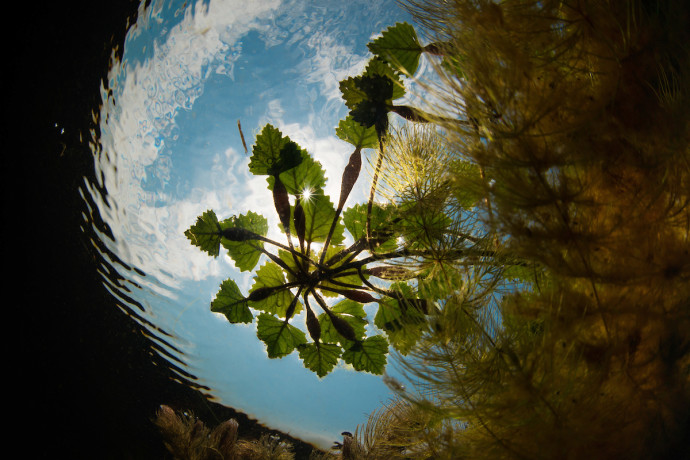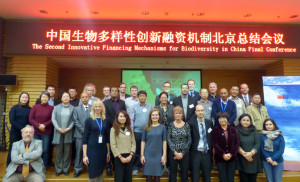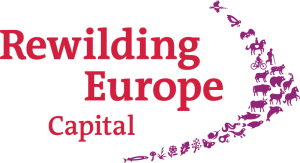This November, Rewilding Europe participated at the conference ‘Innovative Financing Mechanisms for Biodiversity’ that took place in Beijing, China. The conference, organized by the European Commission and France-based environmental specialists Biotope, gathered Chinese and international conservationists and various experts from the field of nature-based economics.

The two-day long conference was opened by Ms. Astrid Schomaker, Director for Global Sustainable Development at the European Commission’s Directorate General for the Environment and Ms. Jing Xin, Director of the Biodiversity Division of the Nature and Ecology Conservation Department, Ministry of Environmental Protection in China.
The conference focused on innovative ways to engage private investors in biodiversity conservation, scaling up finance mechanisms, biodiversity in international development finance, climate change funding and capital markets, payments for ecosystem services and the economics of ecosystems and biodiversity, among others.

Restoring and protecting natural processes that enable natural systems to bounce back and biodiversity to flourish, sits at the heart of Rewilding Europe’s approach. For instance restoring natural flooding in rivers and bringing back natural grazing as a key natural process in European landscapes, result in habitats that host major parts of Europe’s biodiversity. Whilst natural values are addressed in EU policy such as Natura 2000 and the Habitats and Bird Directives, economic values attributed to biodiversity become increasingly important on the European agenda. To illustrate this, the EU STEP (Status and Trends of European Pollinators) programme has calculated the economic value of natural services provided by Europe’s pollinators to be worth approximately € 14.2 billion per annum.
This recognition is causing many countries to voluntarily redraft and adopt policy and legislation to protect and enhance their biodiversity. France’s National Assembly for example recently established several fundamental principles for protecting natural environments and evaluate measures to promote biodiversity and halt its loss. The state is committing €226 million and 1,200 new jobs to building a French Agency for Biodiversity linked to this law.
Within this context, Rewilding Europe has always pursued new enterprise driven to enhance biodiversity through rewilding. Rewilding Europe Capital (REC) is one tool working towards this objective and was presented at the conference by Matthew McLuckie, Enterprise Development Manager at Rewilding Europe. Being part of the enterprise component of Rewilding Europe, which is working to build a business case for wild nature in Europe, REC was established to positively stimulate and mature nature-based economies connected to natural landscapes in Europe. REC directly supports businesses fostering the rewilding of European landscapes.
 Matthew McLuckie provided his thoughts on the conference; “It was engaging, stimulating, insightful and exciting to witness how experts from around the world are addressing both challenges and opportunities related to biodiversity conservation’’.
Matthew McLuckie provided his thoughts on the conference; “It was engaging, stimulating, insightful and exciting to witness how experts from around the world are addressing both challenges and opportunities related to biodiversity conservation’’.
A resounding conclusion of the meeting was that natural processes, as prescribed by rewilding, are arguably the optimum tool for stimulating greater biodiversity. Whilst habitat restoration and wildlife reintroduction often catalyse these processes, eventually the greatest role we can play is to secure and protect natural habitats creating enabling environments for nature to flourish and do what it does best. It was a great opportunity to present Rewilding Europe’s vision and approach for such an international audience. It was also a great learning opportunity for Rewilding Europe to expand our existing knowledge about mechanisms such as biodiversity offsets and payments for ecosystem services. Whilst further effort is required to determine if and how these could relate to rewilding, there are clearly underlying principles that complement rewilding activities around the world.
Rewilding Europe would hereby like to thank Biotope for providing the opportunity to share knowledge and experience on this international stage.
